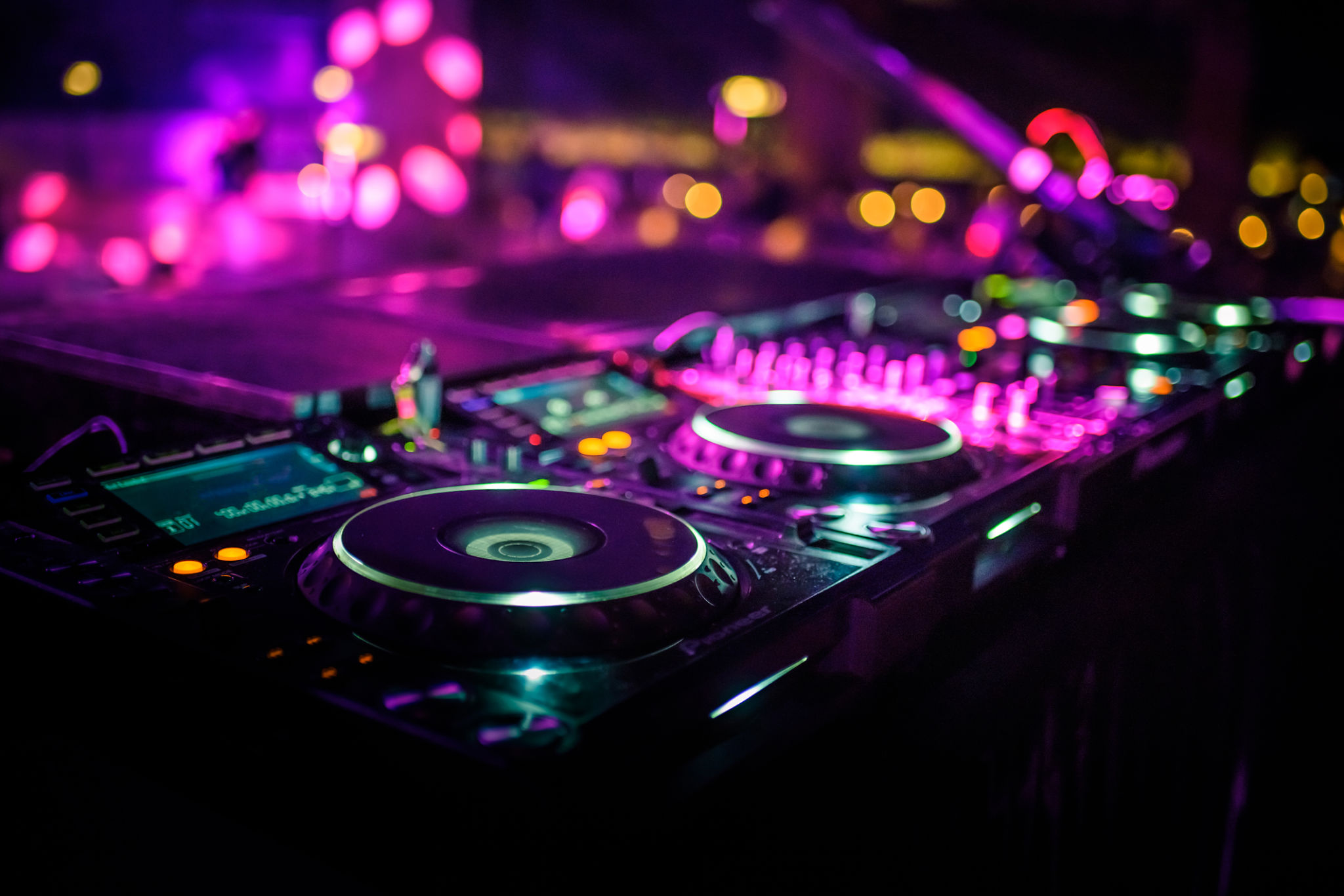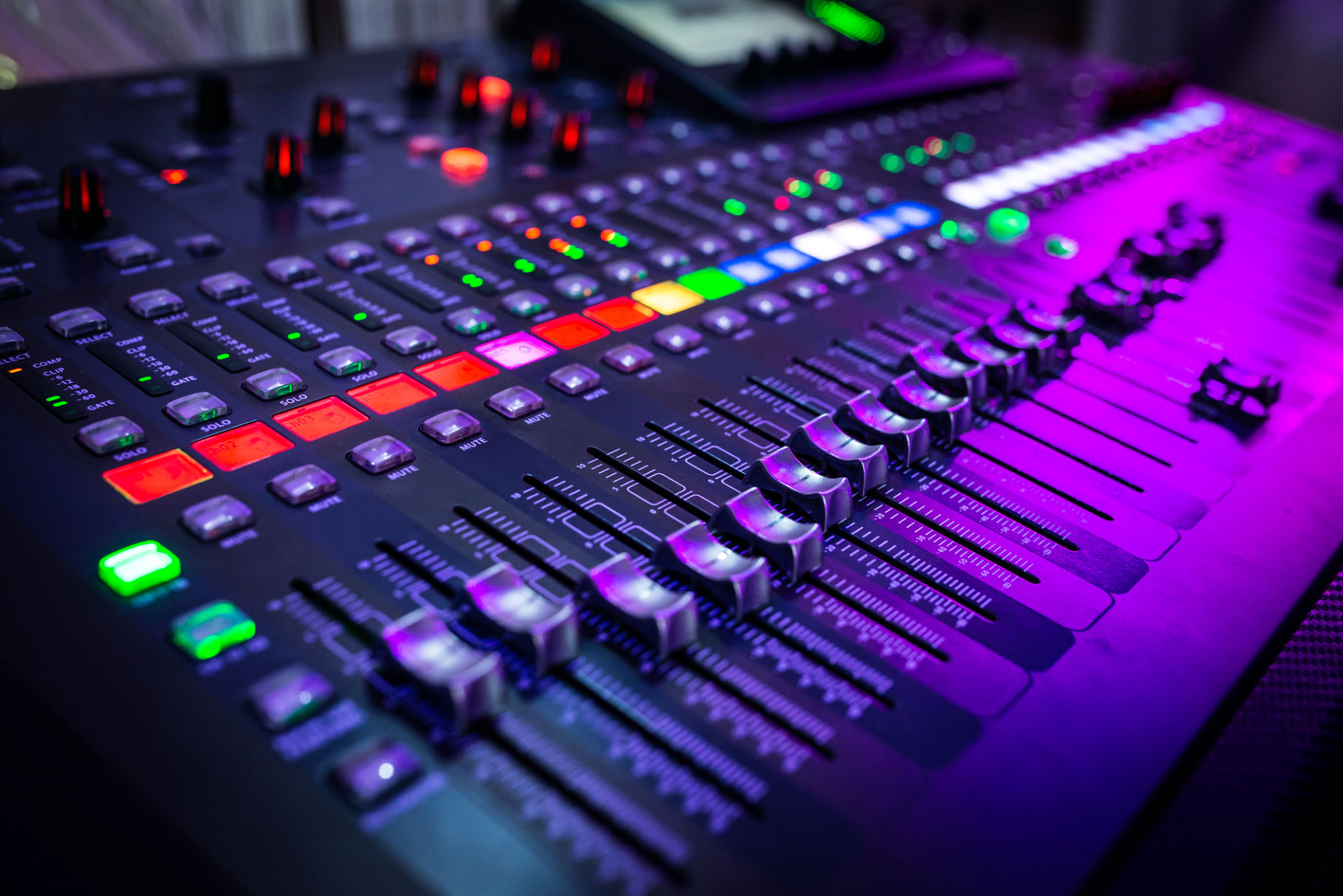DJing Myths Busted: What You Really Need to Know
Understanding DJ Equipment: It's Not All About the Price
Many believe that to become a successful DJ, you need to invest in the most expensive equipment available. However, this is one of the biggest myths in the DJing world. While high-end gear can offer advanced features, it doesn't automatically make you a better DJ. Skill and creativity are the true keys to success, and many talented DJs have started with basic setups.
It's essential to understand your gear and how to use it effectively. Investing time in learning the technical aspects of DJing can be far more rewarding than merely having pricey equipment. Focus on building your skills, and gradually upgrade your equipment as your expertise grows.

The Myth of the Perfect Playlist
Another common misconception is that there's a perfect playlist that guarantees a great set. The truth is, DJing is much more dynamic. A DJ must read the crowd and adapt their music selection in real time. While having a well-prepared playlist is helpful, flexibility is crucial.
Great DJs understand the importance of improvisation and often adjust their track selection based on the audience's energy and reactions. Developing this ability takes practice and experience, but it's what distinguishes an average DJ from an outstanding one.
Do DJs Really Need to Scratch?
The image of a DJ furiously scratching vinyl records is iconic, but it's not a requirement for every DJ. Scratching is just one of many techniques in a DJ's arsenal. While it can add flair to a performance, it's not essential for every genre or style of music.

Modern DJing encompasses a wide variety of skills beyond scratching, such as beatmatching, looping, and mixing tracks seamlessly. Understanding your musical genre and audience will help you determine which techniques best suit your style.
The Importance of Music Theory
Some aspiring DJs might think that a deep understanding of music theory is unnecessary. While you don't need to be a music scholar, having a basic grasp of music theory can greatly improve your mixes. Knowledge of key signatures, tempo, and rhythm can help you create more harmonious sets.
Utilizing music theory concepts allows you to mix tracks that complement each other sonically, enhancing the overall listening experience for your audience. It's a worthwhile investment in your DJ education.

DJs: The New Rock Stars?
The rise of electronic music has elevated DJs to celebrity status, leading some to believe that being a DJ is all about fame and glamour. While some DJs do enjoy the spotlight, this career path involves hard work and dedication. Behind every successful set are hours of preparation and practice.
The reality is that DJing requires perseverance, especially when starting out. Building a reputation takes time, and those who succeed are often those who are passionate about music and committed to honing their craft.
The Role of Technology in DJing
With advancements in technology, there's a misconception that software does all the work for DJs today. While digital tools have made certain aspects easier, they haven't replaced the need for skill and creativity. Technology is an aid, not a substitute for talent.

DJs who leverage technology effectively do so by integrating it with their skills, using it to enhance their performances rather than relying on it entirely. Embracing technology while maintaining a strong foundation in traditional DJ techniques can set you apart in the industry.